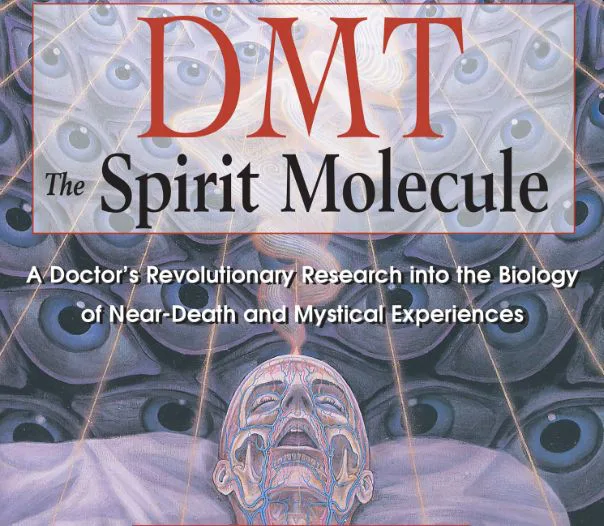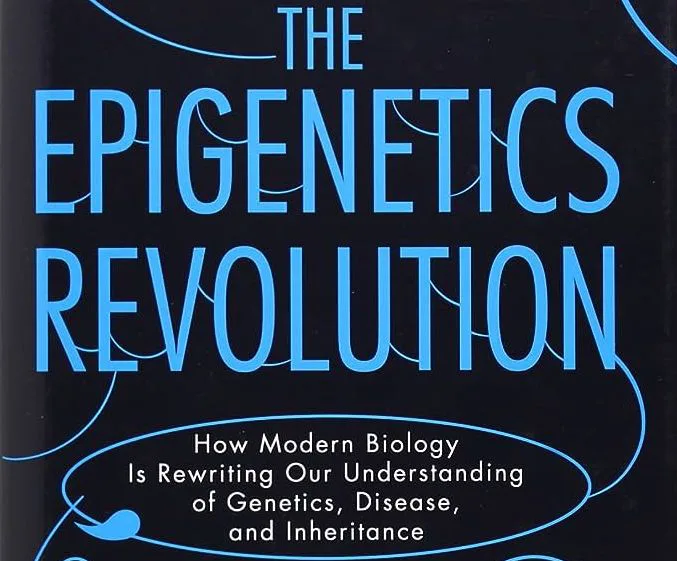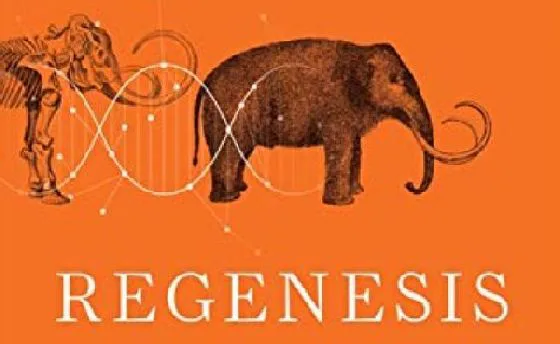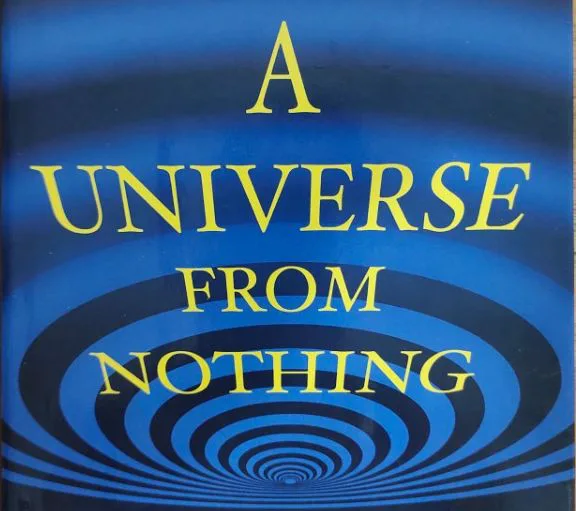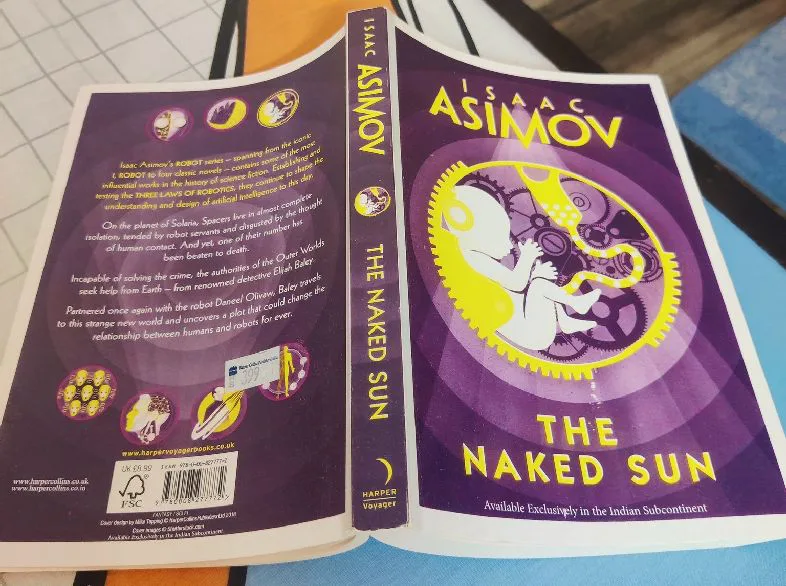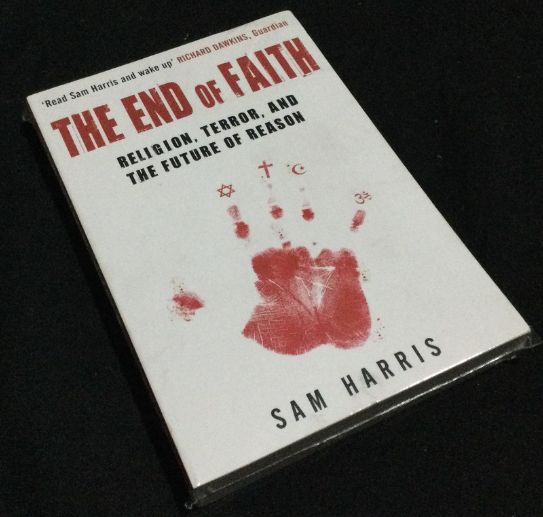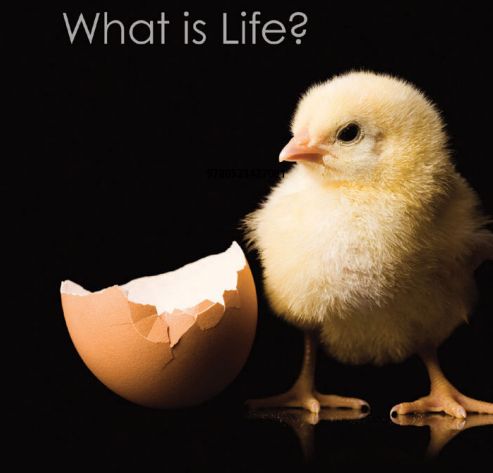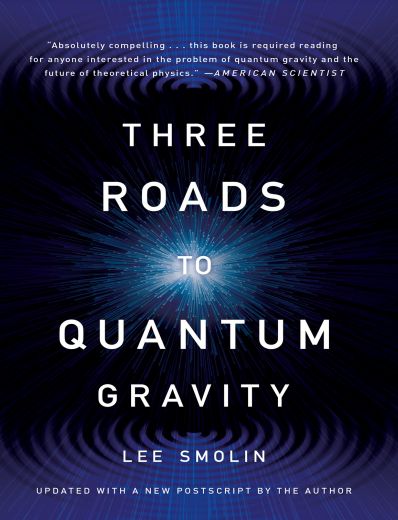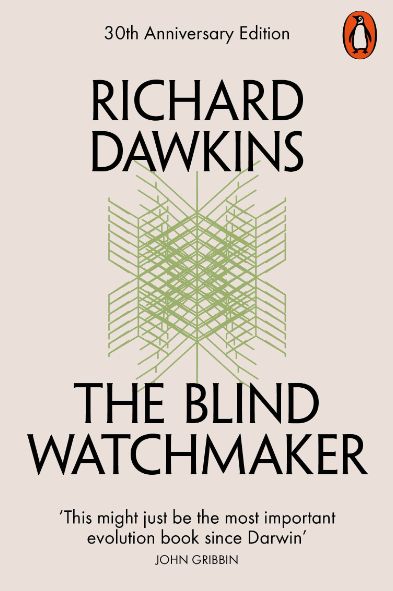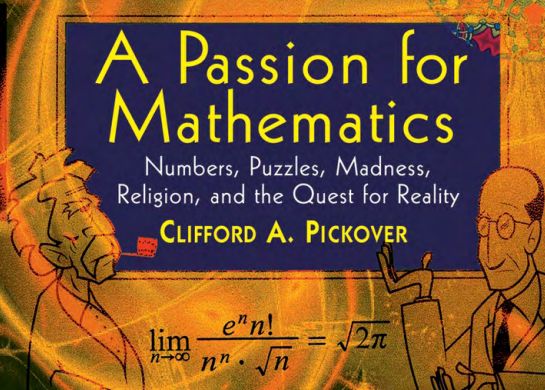DMT: The Spirit Molecule is an engaging book written by Dr. Rick Strassman. It was first published in 2001. Its focus is on psychedelics, particularly DMT (Dimethyltryptamine). Dr. Strassman suggests that because DMT is present in our bodies, the pineal gland located in our brains might be where it originates. Hindus see it as the seventh chakra location, and Descartes thought it’s where the soul resides. Although modern medicine remains uncertain about the gland’s function. Research behind the book took almost five years. During the tenure, Dr. Strassman “administered approximately…
Read MoreTag: books
Book Review: The Epigenetics Revolution by Nessa Carey
Let’s step into the captivating world of epigenetics. It is a rapidly evolving science rarely explored beyond scientific literature. Very deftly, Dr. Nessa Carey has connected academia and scientific journalism into her groundbreaking book “The Epigenetics Revolution: How Modern Biology Is Rewriting Our Understanding of Genetics, Disease, and Inheritance”. The book was first published in 2012.
Read MoreBook Review: Regenesis by George M. Church and Edward Regis
Regenesis: How Synthetic Biology Will Reinvent Nature and Ourselves is an exhilarating journey that re-shapes our understanding of life itself. The book is written by George M. Church and Edward Regis. It was first published in 2012. The renowned geneticist and science writer collaborated to present an all-encompassing exploration of synthetic biology. And highlighting its thrilling potentialities along with obvious challenges. In this remarkable masterpiece, they have woven following three distinct levels of exploration.
Read MoreBook Review: Timequake by Kurt Vonnegut
“Timequake” by Kurt Vonnegut is a mind-bending book that was first published in 1997. The book explores the concept of “free will” and what it means to be human under the influence of relentless march of time. Vonnegut expounded dark humor and deep insights in the manner of “automatic writing”. Although, the book’s writing is done within the theme of “timequake”. A thought experiment, that is, everyone has to relive the same ten years of their lives over again because there happens to be a glitch in the universe.
Read MoreBook Review: Stoner by John Edward Williams
Stoner is an academic novel written by John Edward Williams. It was first published in 1965. The book happens to be his third novel, first two being – Nothing But the Night (1948) and Butcher’s Crossing (1960). The novel, Stoner, follows the life of William Stoner, a working-class student who becomes a professor of English literature at the University of Missouri. It explores his struggles both at personal as well as professional front as he navigates through his career and relationships.
Read MoreBook Review: A Universe from Nothing by Lawrence M. Krauss
A Universe from Nothing: Why There Is Something Rather than Nothing is a voyage to the forefront of cosmology. The book is written by acclaimed physicist Lawrence M. Krauss and was published in 2012. Krauss has beautifully blended his observational prowess, theoretical ingenuity, and technological advancements while framing the concepts and notions in his book. The idea that the universe emerged from random quantum fluctuations is, indeed, fascinating.
Read MoreBook Review: The Naked Sun by Isaac Asimov
The Naked Sun is a captivating and enjoyable murder mystery that remains highly readable, even after several decades. It was published in 1957. And it is the second instalment in Asimov’s ‘Robot’ series, succeeding The Caves of Steel, which was released three years prior. Asimov here presents a plethora of thought-provoking concepts, by exploring the boundaries of science, space, technology, psychology, and societal dynamics.
Read MoreBook Review: The End of Faith by Sam Harris
The End of Faith: Religion, Terror, and the Future of Reason is a brilliant piece written by Sam Harris in 2004. Samuel Benjamin Harris (1967) is an American philosopher, neuroscientist, and an author. This book presents a stark difference between “faith” and “reason”. A profound stuff that is needed to be heard. Similar motif was also seen in Richard Dawkins’ famous book, The God Delusion. Why do religious ideas often look up to a unique level of respect? These ideas, are also exempted from scrutiny in many societies. While other…
Read MoreBook Review: What Is Life? with Mind and Matter by Erwin Schrödinger (II/II)
In this post, we will be covering the second segment of Schrödinger’s famous book, What Is Life? with Mind and Matter. We have already talked about the first portion – What Is Life? Now, here, we will be focusing on Mind and Matter. (If you haven’t read, I’d recommend to go through the previous post – What Is Life? by Erwin Schrödinger. It will help in better understanding of his ideas. Thanks 🙂 In this series of the lectures, Schrödinger has tried to blend physics, evolutionary theory, and philosophy.
Read MoreBook Review: What Is Life? with Mind and Matter by Erwin Schrödinger (I/II)
Erwin Schrödinger (1887-1961) was one of the renowned physicists and pioneer of quantum mechanics. He also had a deep interest in philosophy and metaphysics. What Is Life? with Mind and Matter by Erwin Schrödinger is a series of lectures. The lectures were delivered by him in 1943 and 1956 at Trinity College, Dublin. First part of the book explores the topic – What is life? The book on the same was first published in 1944. While the latter part is all about, Mind and Matter, the book on the same…
Read MoreBook Review: A Mathematician’s Apology by G. H. Hardy
G.H. Hardy (1877-1947) was a prominent British mathematician who made significant contributions in various branches of mathematics, particularly in number theory and analysis. He collaborated with Indian mathematician Srinivasa Ramanujan and played an important role in recognizing and nurturing his exceptional talent. “A Mathematician’s Apology,” is a collection of his essays intended to peep into the mind and understand the perspective of a working mathematician.
Read MoreBook Review: Thus Spoke Zarathustra by Friedrich Nietzsche
Friedrich Wilhelm Nietzsche (1844–1900) is known for his provocative and unconventional ideas. He often expressed views that were in direct opposition to prevailing religious, moral, and societal norms, particularly when it came to his criticisms of Christianity. He challenged many deeply ingrained beliefs and values of his time. His rejection of Christian morality and emphasis on individual will and self-assertion align with certain aspects of pagan thought and provide a philosophical foundation for those seeking to break free from Christian historical and social dominance.
Read MoreBook Review: Three Roads to Quantum Gravity by Lee Smolin
Three Roads to Quantum Gravity: A New Understanding of Space, Time and the Universe is written by Lee Smolin. He is a theoretical physicist and senior faculty member at Perimeter Institute for Theoretical Physics. He has contributed significantly to the development of Loop Quantum Gravity and Deformed Special Relativity.
Read MoreBook Review: The Blind Watchmaker by Richard Dawkins
I am a big fan of Richard Dawkins works. I have already read his four books, namely, The Selfish Gene, The God Delusion and Brief Candle in the Dark. And I find them remarkable in the sense that he perfectly chooses his words to prove the clarity of his thoughts. As a science educator, his ideas are impeccably backed up with obvious logics. Which promotes scientific and logical understanding to the fundamental questions of persistent false belief held in the face of strong contradictory evidence.
Read MoreBook Review: Passion for Mathematics by Clifford Pickover
Recently, I came across the works of Clifford Pickover. I finished reading Surfing Through Hyperspace and I found it extremely interesting, and so I decided to try another book from his vault – Passion for Mathematics. This book is equally fascinating. I liked the presentation of the content. Firstly, the various mathematical ideas are introduced with diagrams and puzzles, which helps in understanding the notion better. Secondly, quotes are sprinkled here and there to give the subject some poetic effect and depth to abstract concepts. Thirdly, the brain teasers and…
Read More
